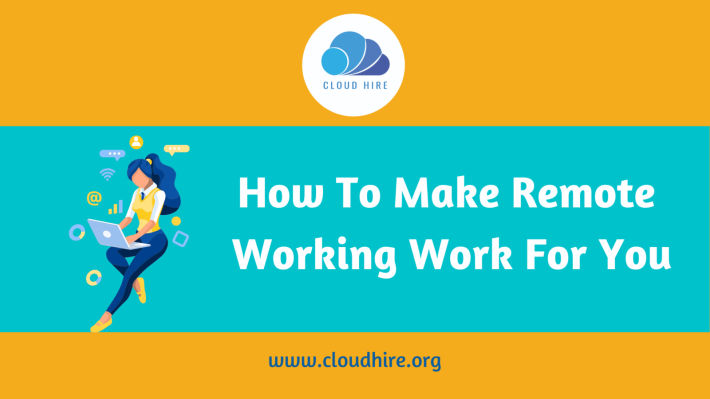There is no doubt that the COVID-19 pandemic has forced many businesses to re-evaluate their policies and procedures. One of the most significant changes has been the move to working from home (WFH) for many employees. While there are some advantages to WFH, such as not having to commute and being able to work in your pajamas, there is also some downside, such as loneliness and distractions. So, the big question is: does WFH impact employees’ overall productivity?
There are a few studies that have been done on this topic and the results are mixed. Some studies show that there is a slight decrease in productivity when employees work from home, while other studies show no significant difference. It depends on the individual worker and their specific situation. Some people may work better at home while others may find it more difficult to focus.
If you’re considering implementing a WFH policy for your employees, it’s important to take into account the pros and cons. Overall, WFH can be a great option for some employees, but it’s not right for everyone. Make sure to communicate with your team and see what will work best for them.
What WFH Features Hosting a Business Needs:
As more and more businesses allow employees to work from home, it’s important to make sure that your business’ remote work policy is up to snuff. After all, you want your employees to be productive, whether they’re in the office or out of it.
So, what features does your business need to have in place to make working from home as effective as possible? Here are a few key considerations:
First, there should be clear guidelines and expectations regarding when and how employees are expected to be available while working from home. There should be no ambiguity about when workers are expected to be online and responsive.
Second, your business should have a reliable system for communication and collaboration in place. This could include everything from video conferencing software to instant messaging apps.
Third, you’ll need to make sure that employees have access to all the tools and resources they need to do their jobs properly while working from home. This could include things like cloud-based file storage and sharing, as well as access to any internal systems or databases they need.
Finally, it’s important to provide some level of support for employees who are working from home. This could involve having someone available to answer
Pros and Cons of WFH:
The pandemic has forced many businesses to allow employees to work from home full-time. While there are some advantages to this arrangement, there are also some potential drawbacks. Let’s take a look at both sides of the issue.
PROS:
1) Employees can avoid stressful commutes.
2) They can create their work/life balance.
3) They can take care of personal errands during the day.
4) They can spend more time with family and friends.
5) They can reduce their carbon footprint by working from home.
CONS:
1) Employees may feel isolated from their co-workers.
2) They may have trouble focusing on work with distractions at home.
3) They may miss out on important in-person interactions and networking opportunities.
4) They may struggle to find a dedicated workspace at home.
5) Their work/life balance may suffer if they are not careful.
Ways to Help Manage Resources When Working from Home:
Assuming that you would like tips for content in a blog section discussing ways to help manage resources when working from home:
- Schedule work time and break time- just as you would if you were working in an office, it is important to have set times for when you are working and when you are taking breaks. This will help you to avoid burnout and will allow you to be more productive overall.
- Set up a dedicated workspace- having a dedicated workspace can help you to stay focused and can also help your family or housemates to know when it is “work time”.
- Make use of technology- there are now tons of apps and programs that can assist with productivity, whether it’s through time tracking, task management, or simply helping you to stay on track with your goals.
- Keep communication lines open- whether you are working with a team virtually or have regular check-ins with a supervisor, make sure to communicate openly and frequently. This will help to ensure that everyone is on the same page and no one feels isolated.
- Take care of yourself- last but not least, it is important to remember to take care of yourself.
The study concludes with answers to both of these questions: Yes, it does impact productivity, and many employers are adding additional time for WFH as a result of it.
In other words, neither employers nor managers should feel too concerned about their employees spending a lot of time working from home when they know that the employee can hold their own at work. After all, it’s ultimately up to them to perform no matter where they are.











